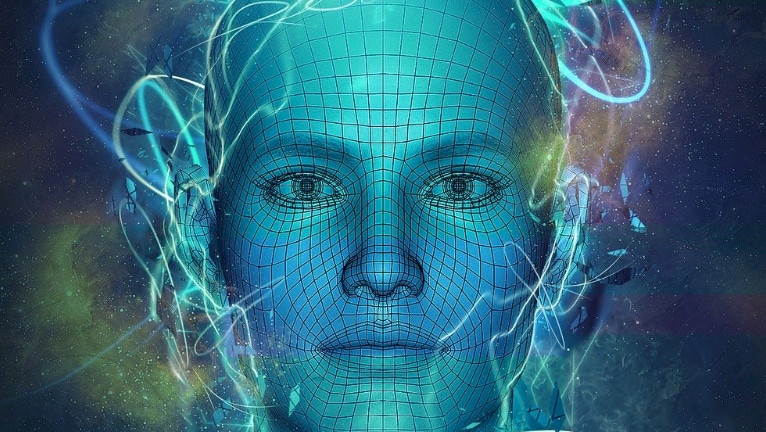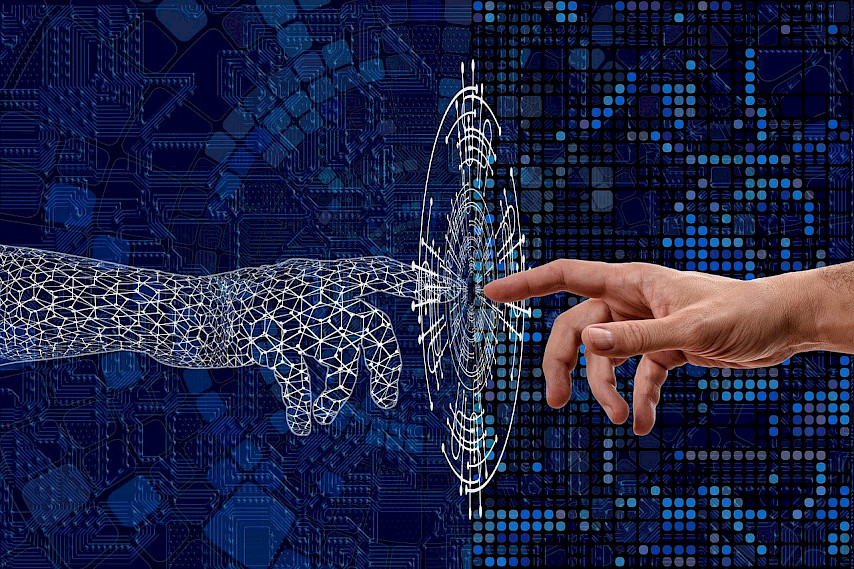The Real Risks of Artificial Intelligence Explained Simply

Artificial Intelligence is transforming the world around us, from the way we interact with technology to how businesses operate. It helps make smarter decisions, automate tasks, and even create new opportunities in many industries. However, with these advancements come risks that need to be understood.
While AI can do wonders, it's essential to grasp the real dangers it presents. Understanding the risks associated with it is just as important as understanding its benefits.
The Risks of Artificial Intelligence
1. Job Displacement
As technology continues to advance, many fear that machines and software will replace human workers in various industries. For instance, AI-powered robots can now handle tasks in manufacturing, customer service, and even driving, which were previously performed by humans. Concerns regarding unemployment rates and the effects of automation on the economy have resulted from this.
AI is expected to replace employment that requires repetitive and routine tasks, even as technology also opens up new businesses and opportunities. The real challenge is ensuring that displaced workers have access to retraining and reskilling opportunities, so they can transition to new roles.
2. Privacy Concerns
Advanced systems collect vast amounts of data to improve their functionality, but much of this data can be personal and sensitive. From social media platforms to e-commerce websites, AI collects information about your preferences, behaviors, and even physical characteristics. This raises questions about how this data is stored, shared, and used.
Without proper regulation and oversight, these systems could misuse personal data or become targets for cyberattacks. If AI falls into the wrong hands, it could lead to a loss of privacy and security for individuals. Ensuring robust security measures and clear data protection regulations will be crucial in minimizing this risk.
3. Bias and Discrimination
The quality of algorithms depends on the quality of the data they are trained on. AI will pick up and reinforce prejudice if the training data is skewed. Particularly in fields like financing, criminal justice, and employment, this may result in unfair and discriminatory consequences. AI systems may make biased conclusions if they are trained on historical data that contains racial or gender prejudices. Discrimination against particular groups may arise from this.
A practical way to explore the impact of algorithms is by trying an SEO free trial that will help you see how tools powered by algorithms, like search engines, influence the way information is filtered and presented. This will give you insight into how these systems might perpetuate bias and why transparency is key in building fair solutions.
4. Lack of Accountability
This can become a serious concern when AI is involved in high-stakes decisions, such as medical diagnoses or financial transactions. If a system makes a mistake or causes harm, who is held accountable — the developers, the company using the AI, or the technology itself?
Without clear lines of responsibility, there’s a risk that individuals or organizations could avoid accountability for AI-related errors. Establishing transparent systems and policies for AI accountability will be key in addressing this concern.
5. Security Risks
AI can be used in cyberattacks, which creates new types of threats that weren’t possible before. For example, it can be used to launch highly sophisticated phishing attacks, automate cyberattacks, and even create deepfakes — manipulated videos that are indistinguishable from real footage.
AI-powered systems are also vulnerable to adversarial attacks, where attackers intentionally feed misleading or faulty data to disrupt the algorithm’s performance. These security risks highlight the need for stronger cybersecurity measures to protect the systems from exploitation.
The Future of AI: How to Manage the Risks

- Invest in education and training: Provide education and retraining programs to help workers transition into roles AI can’t replace.
- Ensure ethical development: Develop systems that prioritize fairness, transparency, and accountability. Regularly audit AI for biases and ensure that it treats all individuals equitably.
- Implement strong privacy protections: Create strong data protection laws to secure users' personal information from misuse or unauthorized access.
- Build robust cybersecurity measures: Enhance the security of the systems to protect them from malicious attacks and misuse.
- Foster collaboration: Encourage global cooperation to ensure AI is developed responsibly and ethically.
The risks of artificial intelligence are real, but they are not insurmountable. As AI continues to evolve, it is important to address its challenges head-on while embracing its potential to improve industries and everyday life. Fostering transparency, fairness, and accountability will allow us to ensure that AI benefits society as a whole and minimizes its risks.
As we move forward with AI, it’s crucial to keep a balance between progress and caution. Just like any other technology, it comes with its advantages and dangers. Understanding the risks and taking proactive steps will help us shape a future where AI serves humanity in an ethical and secure way.





